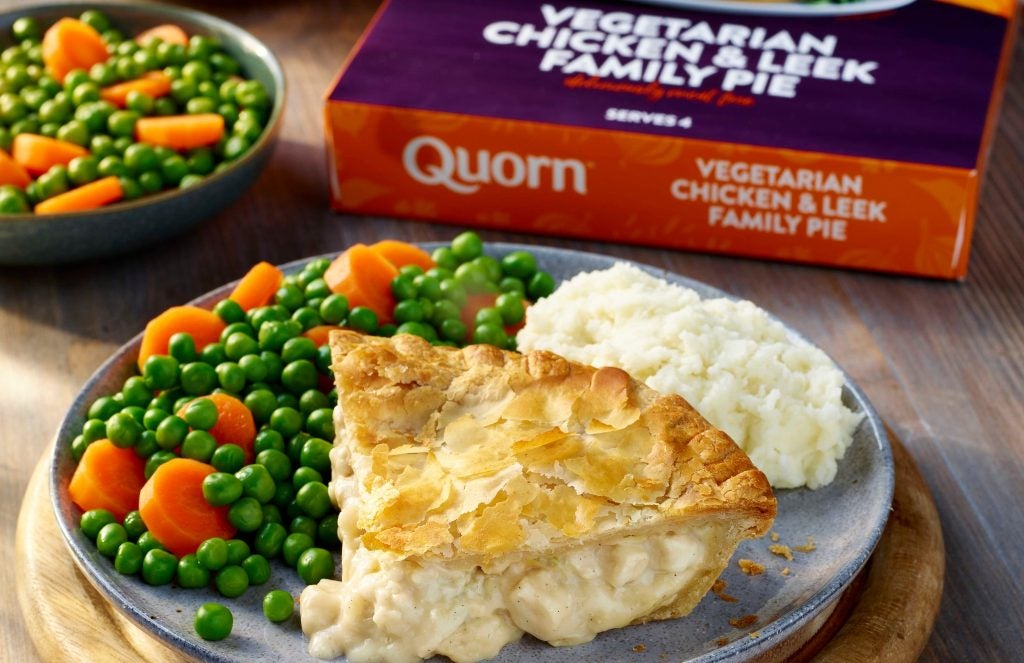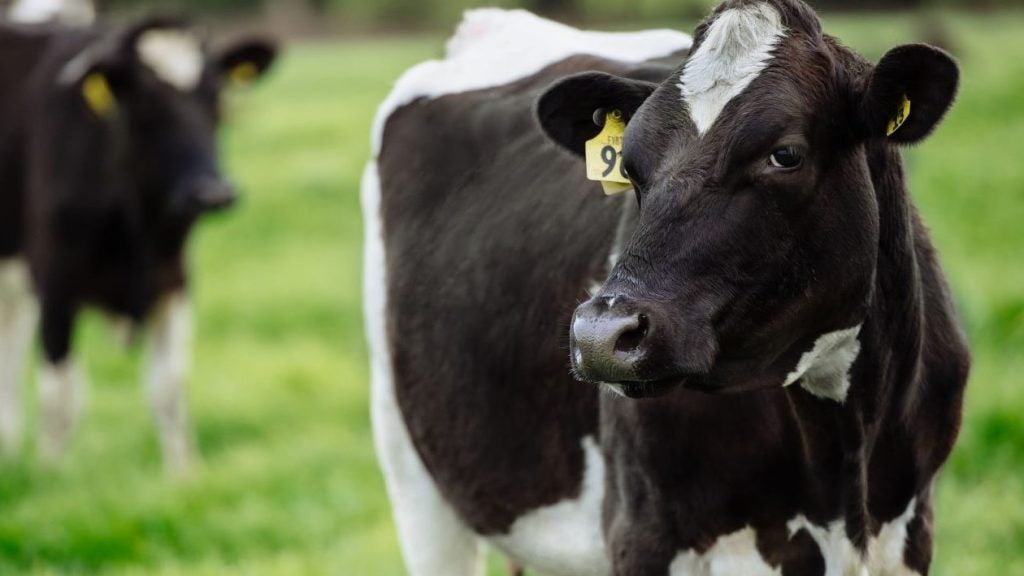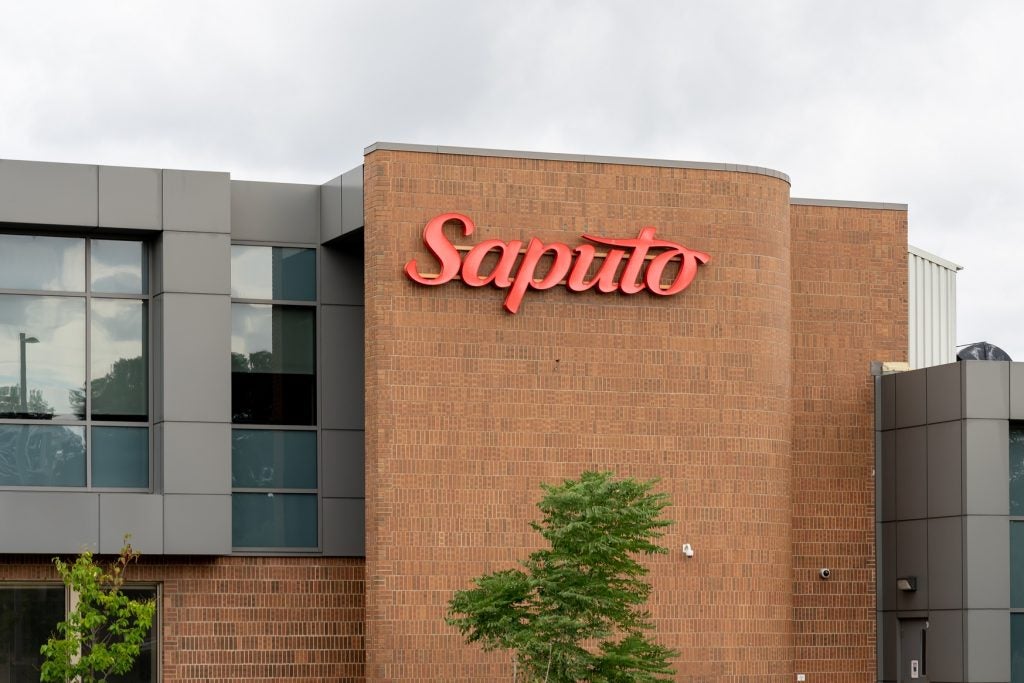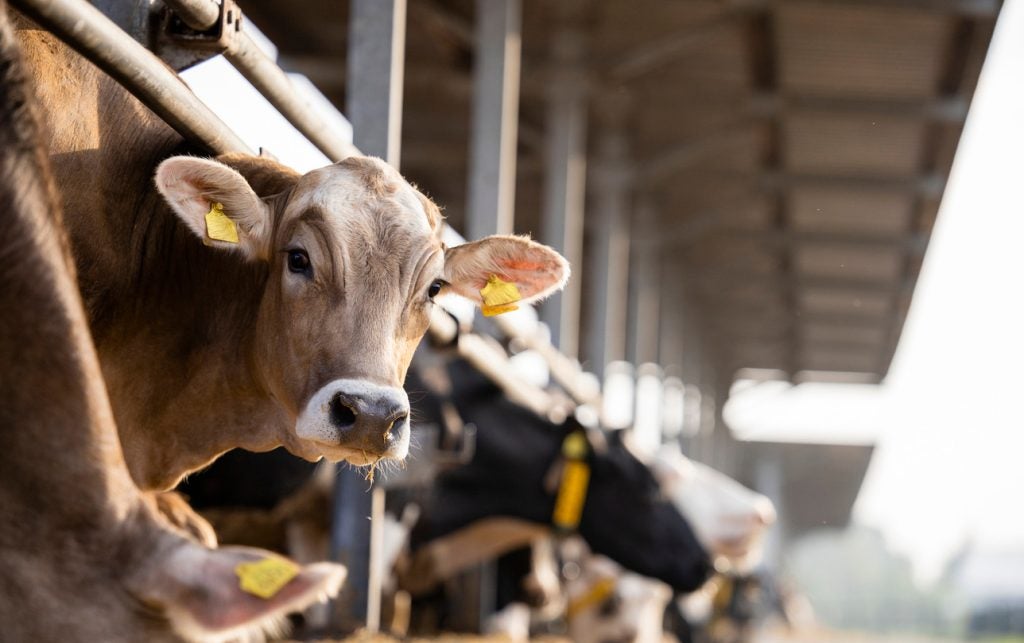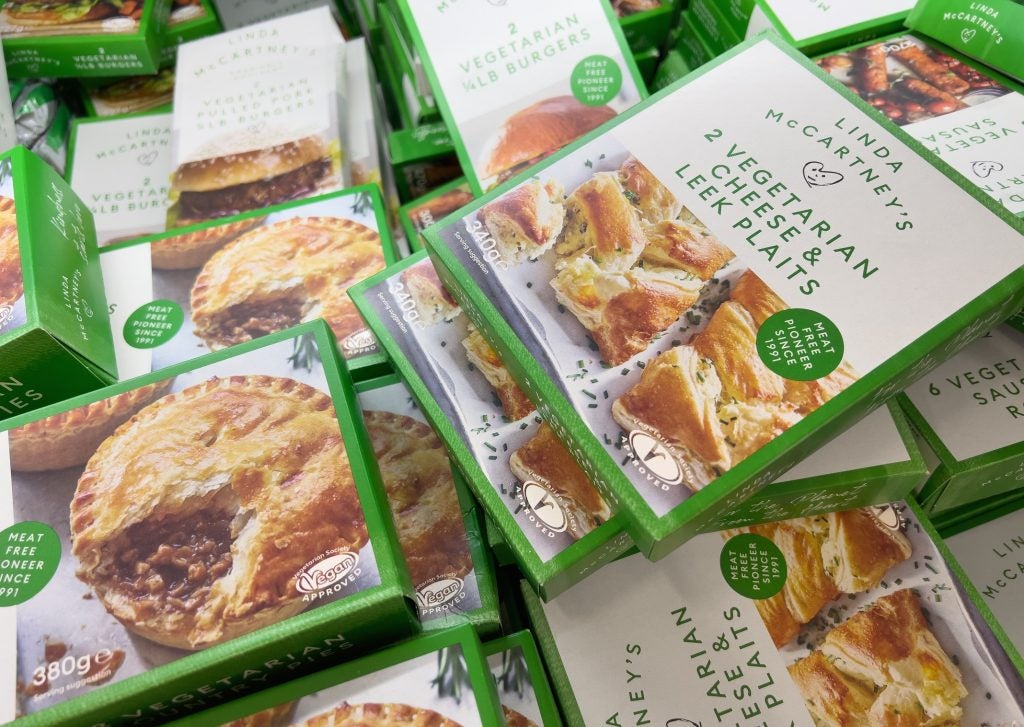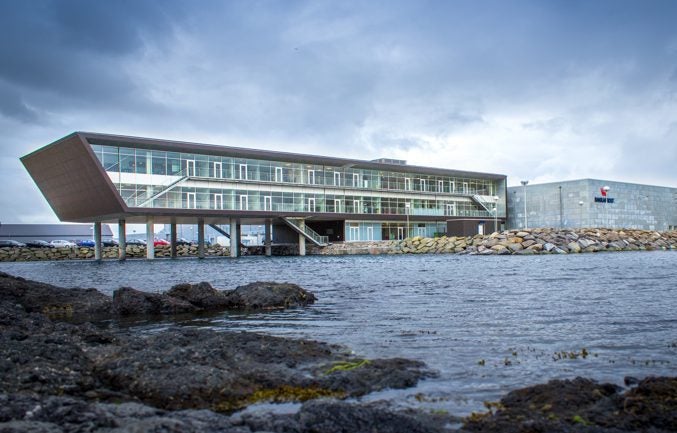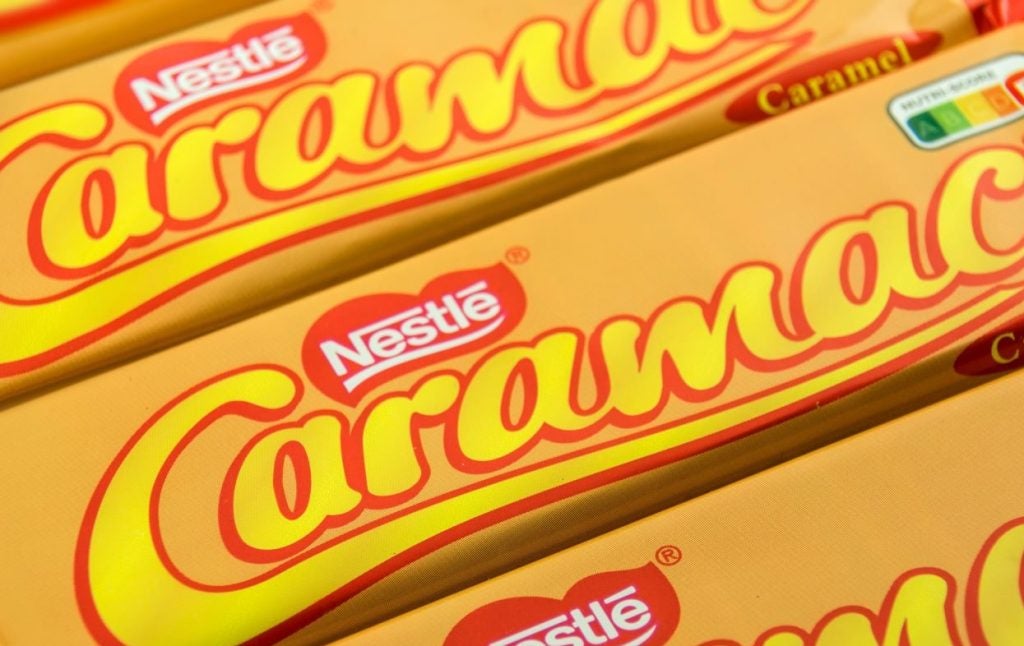Monde Nissin’s family shareholders have committed “risk” financing following an impairment charge related to its Quorn Foods meat-free business in the UK.
In the context of “headwinds” the Philippines-headquartered food and beverage company continues to face in meat-alternatives, and the $377m impairment charge revealed in April, Monde Nissin described the funding pledge as a “significant risk reduction measure”.
The financial support, through Monde Nissin’s controlling shareholders via the family holding company MNSG Holdings in Singapore, is aimed at “reducing impairments (if any) recognisable” for the meat-free business over the next ten years, starting in December 2023. Funding would be channelled through the company’s wholly-owned subsidiary, Monde Nissin Singapore.
As Monde Nissin yesterday (8 November) reported a 4.7% decline in meat-free sales in the nine-months to 30 September, a separate filing said: “The financial support aims to significantly reduce the net cumulative impairment - the sum of annual impairment amounts net of any annual impairment reversals - if any, starting with the calendar year ending December 31 2023 and every year thereafter up to calendar year ending December 31 2032.”
The funding would be capped at approximately 12% of the value of Monde Nissin’s 2.2 billion of outstanding shares.
CEO Henry Soesanto added: “This financial support by myself and the family shareholders comes after listening to and reflecting on the concerns that some of our shareholders have expressed about the current challenges in the meat-alternative category which are impacting our business in the United Kingdom.
“Despite our long-term view that the category has a bright future, we cannot ignore the headwinds we are facing. We have previously announced significant operational and strategic changes and now we wish to extend this significant personal financial support to help alleviate investors’ concern while we navigate through the current macroeconomic environment.”
Finance chief Jesse Teo said in April that the meat-free impairment was due to a reduction in value-in-use, which measures the cash flow an asset or product generates. At the time, Soesanto described the “challenges” the category was up against, including inflationary headwinds weighing on consumers in the UK and the dissipating “hype” in the US.
In yesterday’s results announcement, Soesanto said: “We continue to evaluate the situation while the category challenges persist. Without underplaying these challenges, I am encouraged that the major UK retailers tell us they remain committed to the category and that we are gaining market share.
“Looking ahead, while it is hard to predict volumes in the near term, I am hopeful that generally lowering commodity prices will provide some respite from the cost-inflation we have not yet passed on.”
Meat-alternative sales fell 4.2% in Monde Nissin’s third quarter to 3.6 billion pesos ($64.5m) on a reported basis and were down 4.7% for the year so far at 10.7bn pesos.
Sales for the group as a whole, including the Asia Pacific Branded Food and Beverage (APAC BFB) division, increased 17.8% in the quarter to 20.5bn pesos, which was equal to the impairment booked in the previous financial year.
BFB generated 16.9bn pesos in sales, up 24%.
Group EBITDA climbed 71.6% in the quarter to 3.6bn pesos, while net income after tax rose 41% to 2.2bn pesos.
Sales over the nine months amounted to 59.7bn pesos for Monde Nissin’s overall operations, an increase of 10.5%, and BFB registered a 14.5% rise to 48.9bn pesos.
EBITDA climbed 13.4% to 10bn pesos and net income after tax edged up 1.1% to 5.7bn pesos.
Monde Nissin has owned Quorn Foods under the trading company Marlow Foods since 2015. Based in Stokesley, North Yorkshire, in northern England, the business supplies 15 international markets, including the US, Australia and Singapore, and employs around 900 staff, according to the Philippines-listed company.
“The controlling shareholders’ top-up obligation shall automatically expire during the term in the event that the controlling or majority interest in the entities holding the meat-alternative business - Monde Nissin (UK) or its subsidiary Marlow Foods - is no longer directly or indirectly held by Monde,” the company said in a footnote yesterday.


